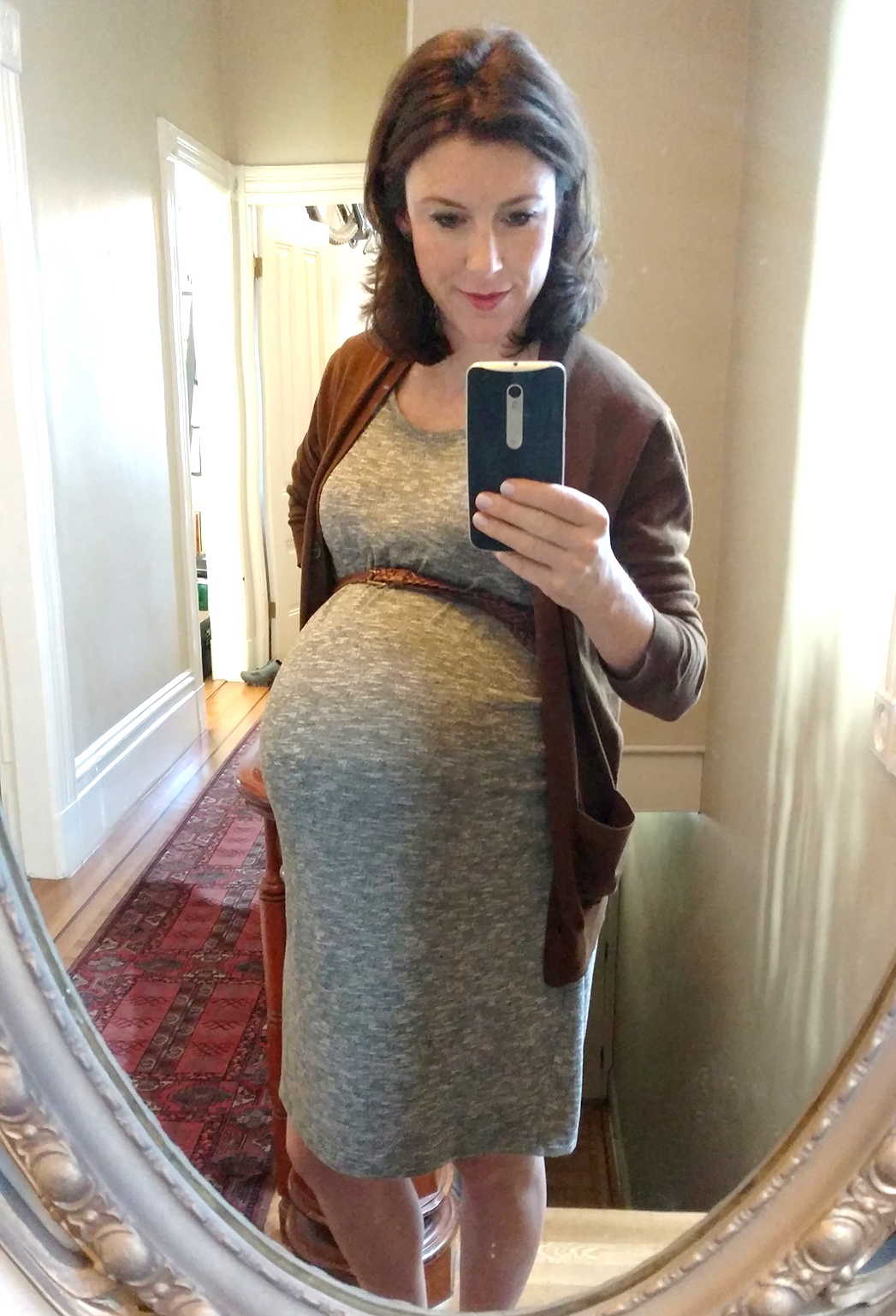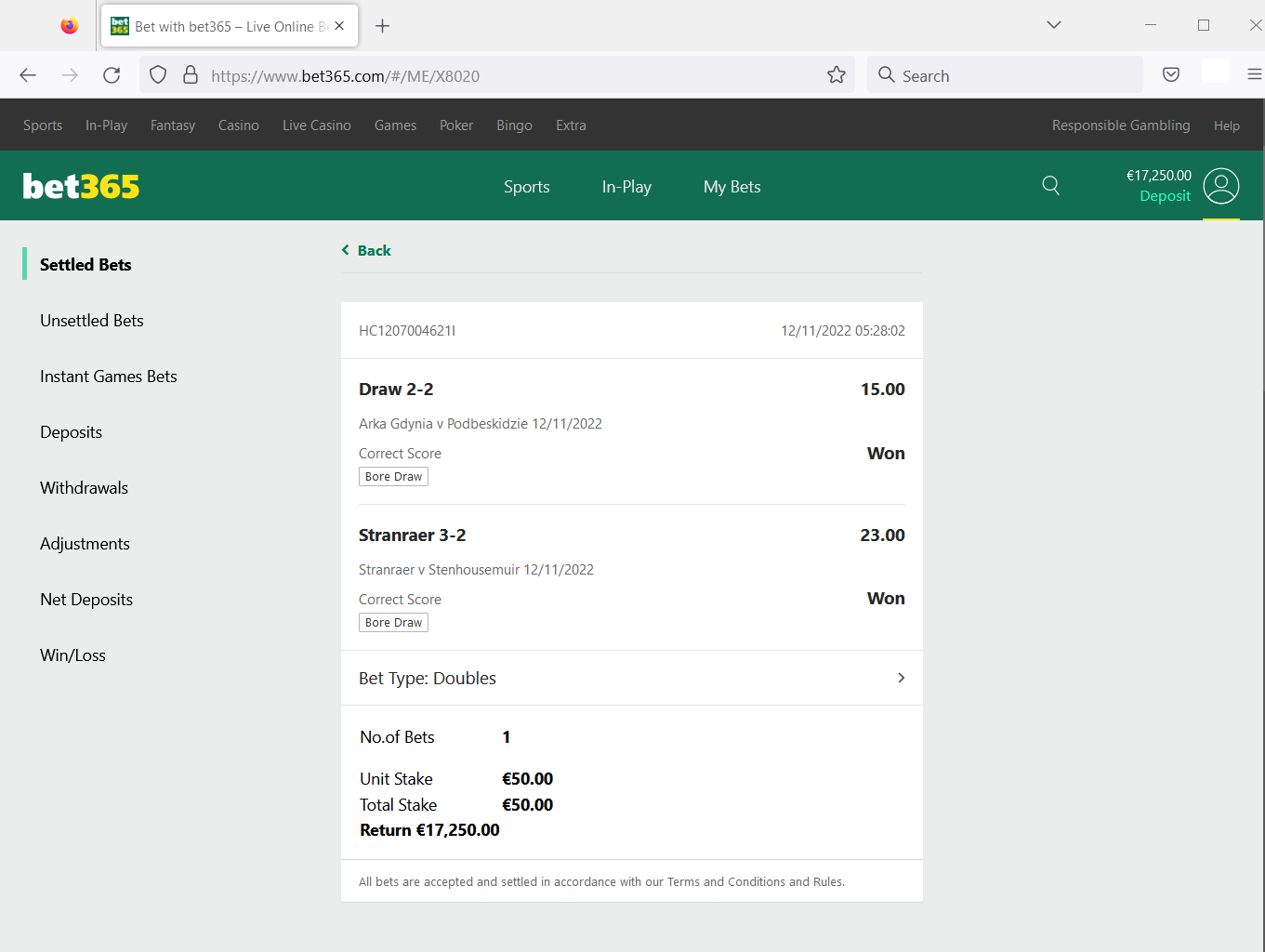Dreams are curious manifestations of our subconscious mind, often serving as enigmatic windows into our innermost thoughts, fears, and desires. The dream of a deceased husband evokes a mélange of emotions and interpretations, each layer peeling back the complexities of grief, memory, and hope. As you navigate through the landscape of such dreams, consider the implications they hold for your expectations of the future.
At the outset, dreaming of a dead husband can symbolize an intrinsic confrontation with loss. This symbolism can stretch far beyond the mere presence of a deceased loved one. It may represent unresolved issues within the dynamics of your relationship, reflecting on the moments shared or unresolved regrets. Such dreams serve as a reminder that love, once lost, continues to resonate through the corridors of memory. This latent presence can prove to be a harbinger of emotional healing or a signal of the need to address unhealed wounds.
Furthermore, delving into the realms of syllogism, we can dissect the implications of these dreams methodically. If a dream equates to a manifestation of thoughts and feelings associated with the husband, and the husband symbolizes companionship and support, then a dead husband in a dream may serve as an assertion: Loss of support can trigger a reevaluation of one’s life. This logical framework prompts dreamers to reflect on their current path, instigating a pivotal exploration of self-sufficiency and resilience in adversity.
On a more spiritual plane, the dream of a deceased husband resonates with various interpretations across cultures and religious beliefs. In the Christian context, dreams about the departed are often viewed as divine messages. They can symbolize a need for spiritual guidance or closure. It is believed that such dreams may indicate a desire for connection with the spiritual realm, urging the dreamer to seek solace and find strength through faith. The implications may suggest that love transcends mortality; thereby, remaining an eternal bond that not only comforts the living but also connects them to their loved ones who have passed on.
In the Islamic tradition, dreams hold significant importance as well. The condition of a dead husband in a dream could represent the end of a particular life phase or the resolution of lingering emotional struggles. Islamic interpretations often suggest that seeing a deceased loved one in one’s dream may signify a need for introspection and personal growth. It may also advocate for acts of charity or prayers, meant to guide the deceased in the afterlife. This prospect embodies the cultural belief that our actions in this world directly influence our afterlife, reinforcing the cyclical nature of existence.
Beyond these spiritual interpretations, the phenomenon of dreaming about a dead husband can also be explored from psychological perspectives. Freud posited that dreams serve as a conduit for suppressed desires and unresolved traumas. In this context, the presence of a deceased husband might signify an embodiment of repressed emotions: perhaps unresolved anger, guilt, or loneliness. This psychological reading emphasizes that the dreamer must confront these sentiments and engage in the cathartic process of mourning.
Integration of Jungian psychology further enriches the discussion. Carl Jung suggested that dreams reflect the dreamer’s psyche. Therefore, a dead husband might symbolize the persona that the dreamer is struggling to reconcile. It could represent the challenges of integrating past experiences, portraying a need to confront and assimilate aspects of the self that remain tethered to the past. In this light, the dream transforms into a valuable narrative, guiding the individual toward self-discovery and holistic healing.
The juxtaposition of these interpretations draws attention to a pivotal realization: dreams about a dead husband can mirror the dreamer’s expectations of the future. They may embody a call to action—or a deep-seated yearning for transformation. This prospect encourages the dreamer to assess their current life situation with a reflective lens, contemplating the direction they wish to take post-grief.
Moreover, contemplating the symbolic nature of death in dreams can illuminate paths forward. Death, often misconstrued solely as an ending, can also signify transition and renewal. It serves as a metaphorical door, ushering in new beginnings. Thus, rather than solely experiencing the sensation of loss, one might view these dreams as an invitation for personal evolution—a chance to redefine identity and aspirations.
Engaging with these dreams cultivates an awareness that can yield profound insights. The process of interpreting such dreams requires sensitivity to the emotional landscapes we traverse; it encourages the dreamer to honor their vulnerabilities while fostering a sense of empowerment over their future aspirations. Ultimately, the dream of a dead husband underscores a poignant truth: even in the shadow of loss, there exists the potential for growth, love, and renewed expectations of a brighter future. Through this lens, what was once perceived solely as an emblem of grief can emerge as a transformative expedition into the depths of the human experience.













